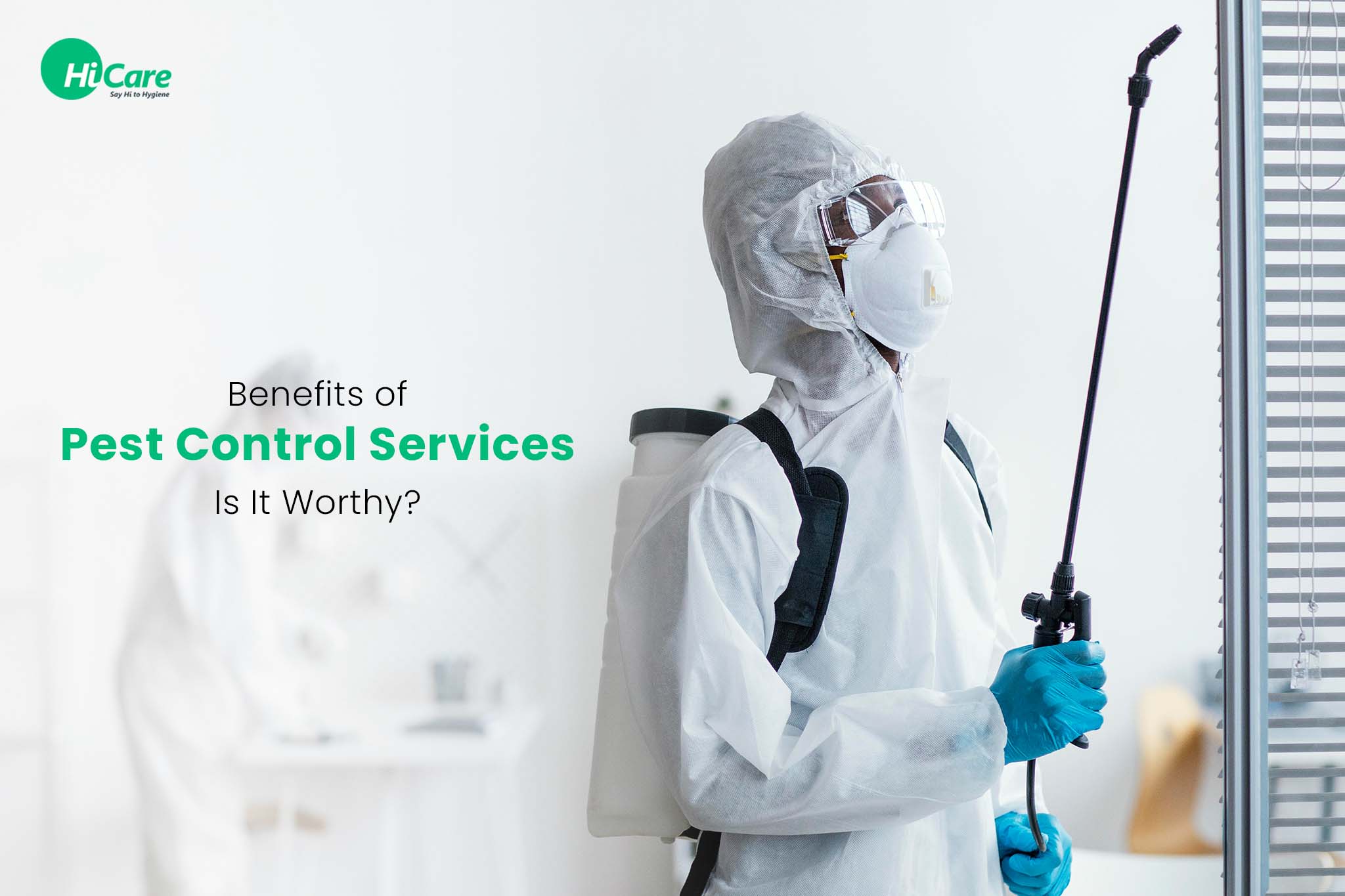Recognizing Different Kinds of Bug Control Approaches and Their Efficiency
When thinking about bug control approaches, it is crucial to recognize the diverse techniques readily available and their varying levels of effectiveness. By exploring the subtleties of these pest control techniques, a thorough understanding of how to deal with pest concerns can be created.
Chemical Parasite Control Approaches
Chemical pest control methods play an essential role in efficiently handling and removing pest infestations in various atmospheres. One of the crucial benefits of chemical parasite control is its capacity to supply fast and targeted services to pest troubles. Pest Control Auckland.
Nonetheless, it is necessary to think about the potential risks and downsides linked with chemical bug control techniques. Overreliance on chemicals can result in the development of chemical resistance in bugs, making them more challenging to manage in the future. Additionally, using certain chemicals can have unsafe results on non-target microorganisms, the atmosphere, and human health if not applied appropriately.

Biological Insect Control Approaches
Making use of all-natural predators and microorganisms to take care of pest populaces effectively, organic pest control techniques use a green and sustainable technique to pest monitoring. By promoting the task or presenting of microorganisms that normally take advantage of or contaminate parasites, such as ladybugs for aphid control or certain germs for caterpillar problems, organic control can aid maintain pest populations at workable degrees without the demand for synthetic chemicals. This method is especially useful for organic farming practices, as it prevents using possibly damaging compounds while preserving plant health.

Physical Pest Control Approaches
While organic insect control approaches concentrate on using all-natural killers and microorganisms, physical bug control techniques use mechanical and physical barriers to handle bug populaces. These approaches are frequently considered environmentally pleasant as they reduce making use of chemicals. Physical pest control consists of techniques such as capturing, utilizing barriers like displays or internet, and physically getting rid of bugs from the area.
Catches are generally utilized in physical pest control to catch and get rid of parasites like pests and rodents. These catches can be baited with food or scents to attract the bugs, leading them to an included area where they can be conveniently dealt with. One more physical method is the use of barriers such as fencings, displays, or internet to avoid insects from entering or infesting particular areas. Mounting great mesh displays on windows can aid keep out insects and flies. Pest Control Auckland.
All-natural Parasite Control Approaches
Incorporating plant-based repellents and all-natural predators is an essential method in implementing efficient natural insect control techniques. By motivating the existence of valuable pests like ladybugs, lacewings, or predacious termites, gardeners can normally control pest populations. These predators feed on usual yard bugs such as termites, caterpillars, and aphids, assisting to preserve a balanced community without the need for chemical treatments.

In addition, executing cultural techniques such as crop rotation, companion planting, and maintaining proper plant wellness can also boost the effectiveness of all-natural pest control techniques. These techniques not just aid in avoiding parasite infestations yet also advertise biodiversity and overall ecological community durability. By incorporating these all-natural methods, people can efficiently handle insects while decreasing ecological impact.
Integrated Bug Management (IPM) Technique
Implementing an Integrated Parasite Administration (IPM) approach is essential for properly regulating pest populations while reducing reliance on chemical pesticides. IPM is a detailed and sustainable method that integrates different pest control approaches to achieve lasting services. This strategy focuses on tracking, avoidance, and control to attend to insect issues in an ecologically friendly manner.
IPM integrates biological, cultural, physical, and mechanical techniques with the restricted and critical usage of pesticides when essential. By stressing positive measures such as habitat adjustment, biological control, and exclusion, IPM try these out aims to lower insect populations and their effect on the ecosystem. Normal surveillance is vital in IPM to analyze bug levels precisely and figure out the most suitable control methods.
Among the key benefits of IPM is its capability to reduce the risks related to extreme chemical use, such as ecological contamination and damage to non-target organisms. In addition, IPM advertises a more all natural technique to pest administration by considering the total environment dynamics. Generally, the IPM method uses a lasting and effective option for pest control while advertising ecological responsibility.
Verdict
In final thought, recognizing the different types of why not look here parasite control techniques and their effectiveness is essential in efficiently handling bug infestations. Integrated Insect Monitoring (IPM) strategy, which combines different techniques for sustainable bug control, is progressively being identified as a ecologically friendly and alternative service.
Chemical insect control methods play a critical role in efficiently managing and getting rid of pest problems in numerous atmospheres.Utilizing natural killers and virus to manage parasite populaces successfully, biological pest control approaches supply a lasting and environmentally friendly approach to pest monitoring. By presenting or promoting the task of organisms that normally prey on or infect parasites, such as ladybugs for aphid control or specific bacteria for caterpillar infestations, biological control can aid preserve parasite populaces at manageable degrees without the requirement for artificial chemicals.While organic pest control approaches focus on utilizing natural predators and virus, physical bug control methods utilize physical and mechanical barriers to take care of bug populaces. Integrated Bug Management (IPM) method, which integrates different methods for lasting pest control, is significantly being recognized as a environmentally pleasant and holistic option.